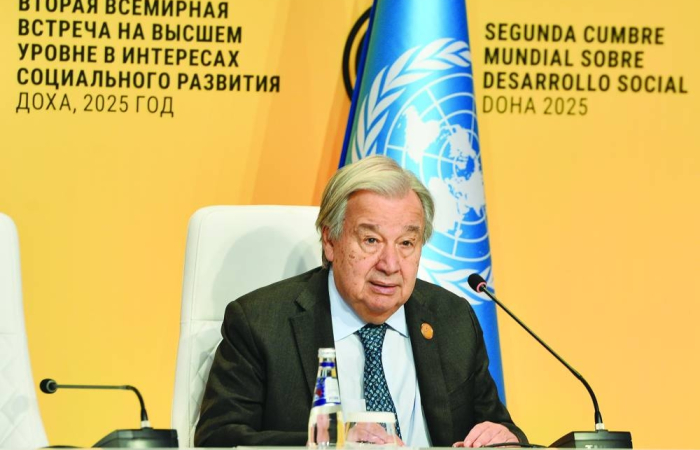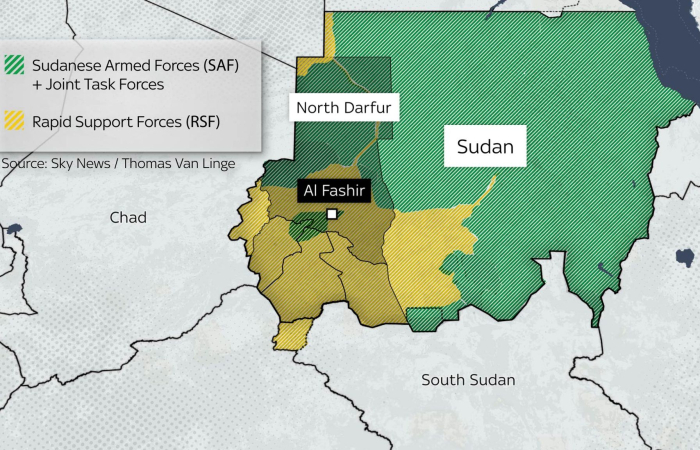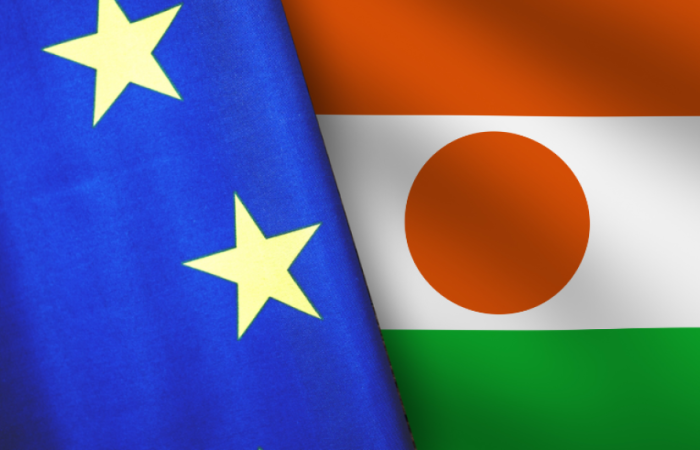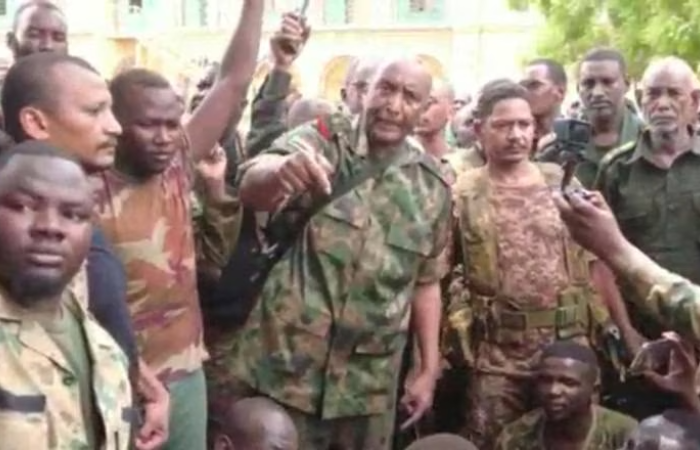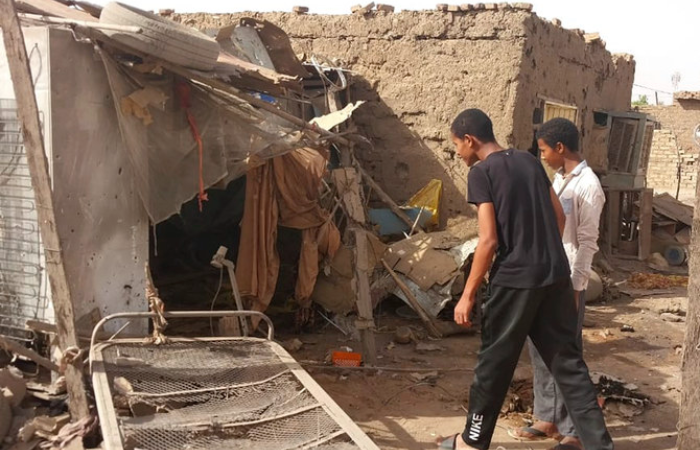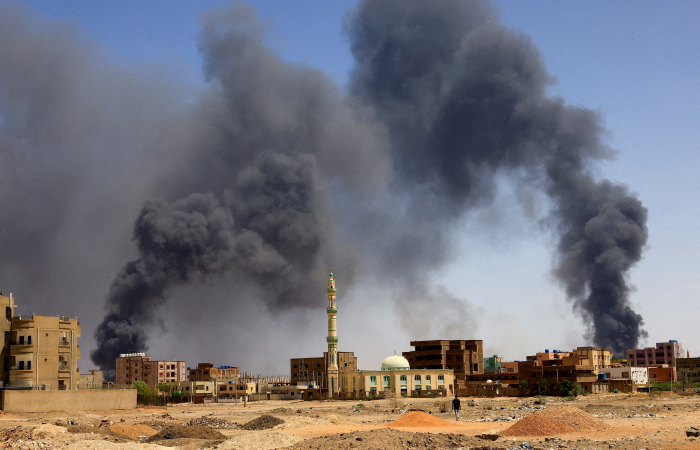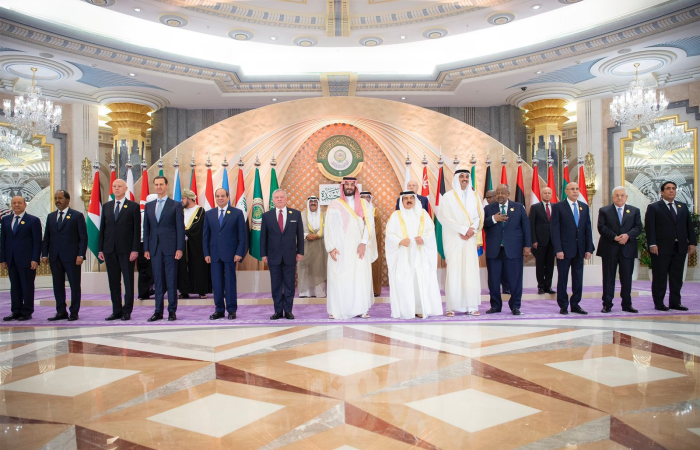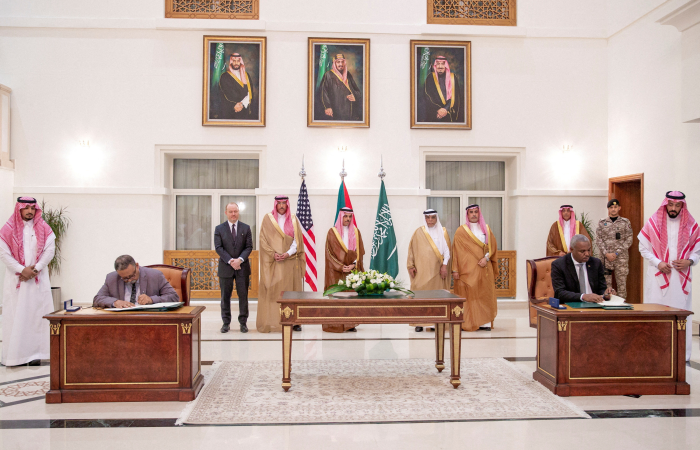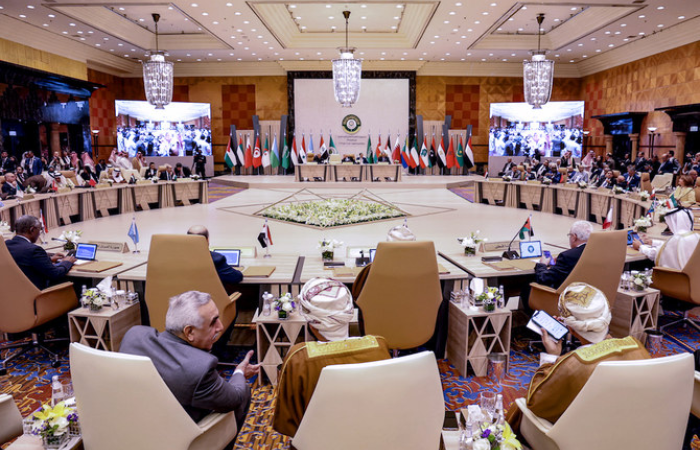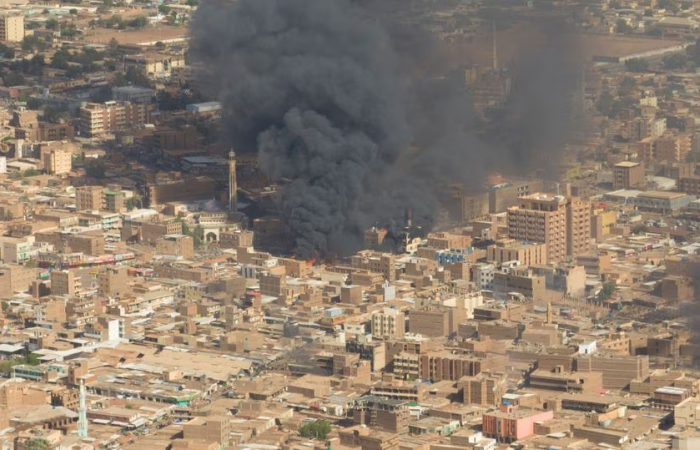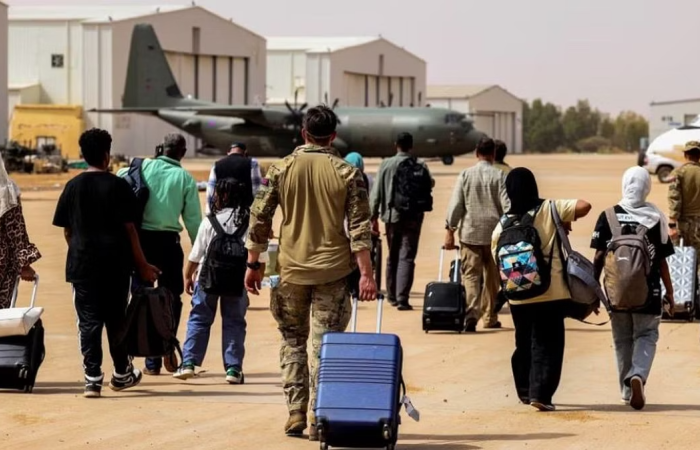Editor's choice
This is a members’ functionality. Please
Sign upNews
Trending
Biden calls Sudan violence a "betrayal", 17,000 tonnes of food aid looted
5 May 2023
U.S. President Joe Biden has called the ongoing violence in Sudan an "unconscionable betrayal" in a statement made at the White House on Thursday (4 May).
The fighting, which will enter its fourth week this weekend, broke out on Saturday 15 April after the Sudanese army and a rival paramilitary group, the Rapid Support Forces, failed to reach an agreement over a transition to a civilian government.
“The violence taking place in Sudan is a tragedy — and it is a betrayal of the Sudanese people’s clear demand for civilian government and a transition to democracy,” President Biden said.
“I join the peace-loving people of Sudan and leaders around the world in calling for a durable ceasefire between the belligerent parties.”
Meanwhile, also on Thursday, the U.S. state department announced that it had completed its evacuation of at least 1,300 U.S. citizens in Sudan, as well as evacuating at least 700 more from other countries. Air strikes and heavy shelling returned to the Sudanese capital city of Khartoum on Thursday as a fragile and frequently violated ceasefire lapsed.



